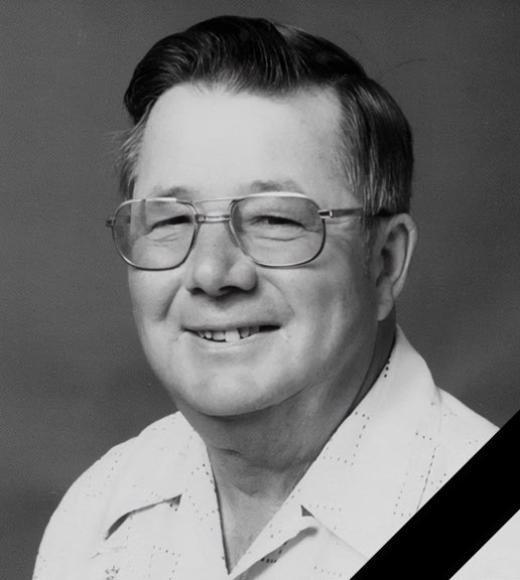
Position Title
In Memoriam
Professor Emeritus of Agrononmy
1920-2015
CHARLES W. SCHALLER
Born: June 8, 1920, La Crosse, Wisconsin
Died: February 12, 2015, Davis, CA
Education:
- B.S., Soil Science, University of Wisconsin, 1940
- M.S., Agronomy, University of Wisconsin, 1943
- Ph.D., Agronomy and Plant Pathology, University of Wisconsin, 1946
Employment:
- 1946–1985: Faculty Member, University of California, Davis
- Wheat Breeding (1946–1961)
- Barley Breeding (1946–1985)
- Acting Department Chair (multiple terms)
- 1966–1979: Supervisor, UC Variety Testing Program
- 1966–1979: Technical Advisor, USDA Cotton Breeding Program
Honors, Awards, and Professional Societies:
- Fellow, American Society of Agronomy (1983)
- Fellow, Crop Science Society of America (1985)
- Member, American Society of Agronomy (67 years)
- Commendation, California Farm Bureau Federation
- Commendation, California Chapter of the American Society of Agronomy
- Certificate of Appreciation (1979), California Department of Food and Agriculture
- Namesake of ‘Schaller’ barley variety (2017)
Research Contributions and Impact
Charles Schaller was internationally recognized for his leadership in barley genetics and plant breeding, especially for his work on disease resistance. His 39-year career at UC Davis yielded 12 barley and 4 wheat varieties, many of which dominated California production and were widely adopted internationally. His cultivars were known for their early maturity, high yields, and resistance to diseases such as powdery mildew, scald, net blotch, and barley yellow dwarf virus (BYD).
One of his most significant achievements was the identification of the Yd2 gene, which confers resistance to BYD. This gene, and others discovered through his work, became foundational to breeding programs in Mediterranean and temperate climates around the world. Schaller also pioneered the use of isogenic barley lines to quantify yield losses due to disease and introduced improvements in straw strength and plant architecture.
Though he invested years into breeding malting barley for California, those lines did not meet the brewing industry's strict quality standards—an outcome he considered a professional disappointment despite his numerous successes elsewhere.
Publications and Scholarly Leadership
Schaller’s influence was embedded in germplasm releases, collaborative reports, and technical reviews, including a notable evaluation of barley breeding in Tunisia. He regularly presented at international conferences and served as a scientific advisor to research centers worldwide.
Teaching and Mentorship
As a professor of agronomy, Schaller was a popular and dedicated instructor of Cereal Crops of the World, and an engaged mentor within the department and college. He advised 28 graduate students (M.S. in Agronomy and Ph.D. in Genetics), many of whom went on to become leaders in global agriculture and academia. Known for his thoughtfulness and generosity, Schaller maintained a lasting influence on his students’ careers.
Collaboration and Community
Beyond UC Davis, Schaller played a central role in cooperative research and public agriculture programs, particularly through his leadership in the Variety Testing Program and consulting roles with USDA and state agencies. His sabbatical in New Zealand and global advisory work further extended his influence in the barley research community.
Legacy
Charles Schaller’s legacy lives on in the disease-resistant barley cultivars he developed, the students he mentored, and the international programs he helped shape. The naming of Schaller barley in 2017 stands as a formal recognition of his lifetime contributions. His work added an estimated $30 million annually to California agriculture at the time of his retirement, and his germplasm continues to benefit plant breeding programs worldwide.
References
For additional tributes, interviews, and biographies, see the following resources:
